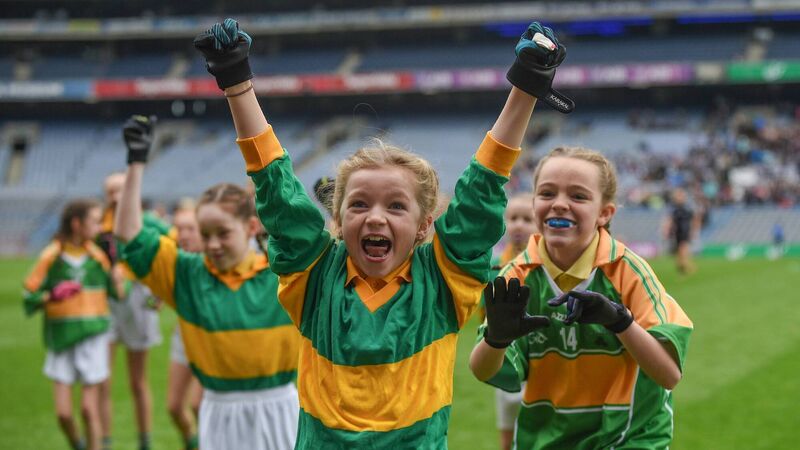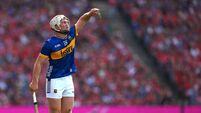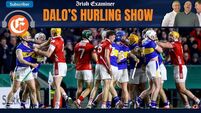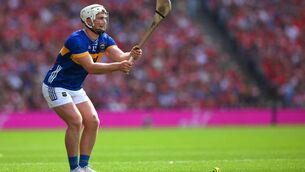GAA return to play: Our experts on how coaches can get kids back on the pitch - and enjoying the game

It’s vital that we reconnect with and re-engage young people back into structured sport as quickly as possible. However, we must remember that their experiences over the past few months have been around unstructured play on greens and play areas. They have self-organised games and have maybe really enjoyed the freedom this type of play has afforded them. Coaches must ensure that they allow children some sense of autonomy when they return to their clubs and ease them back into structured activity. If they over-coach or over-structure sessions, they might lose some children very quickly due to new found love of free play. Obviously many children can’t wait for club activity to return but for many others, these last few months have shone a new light on play and enjoyable autonomous experiences. We must make sure we can offer something similar on their return.











